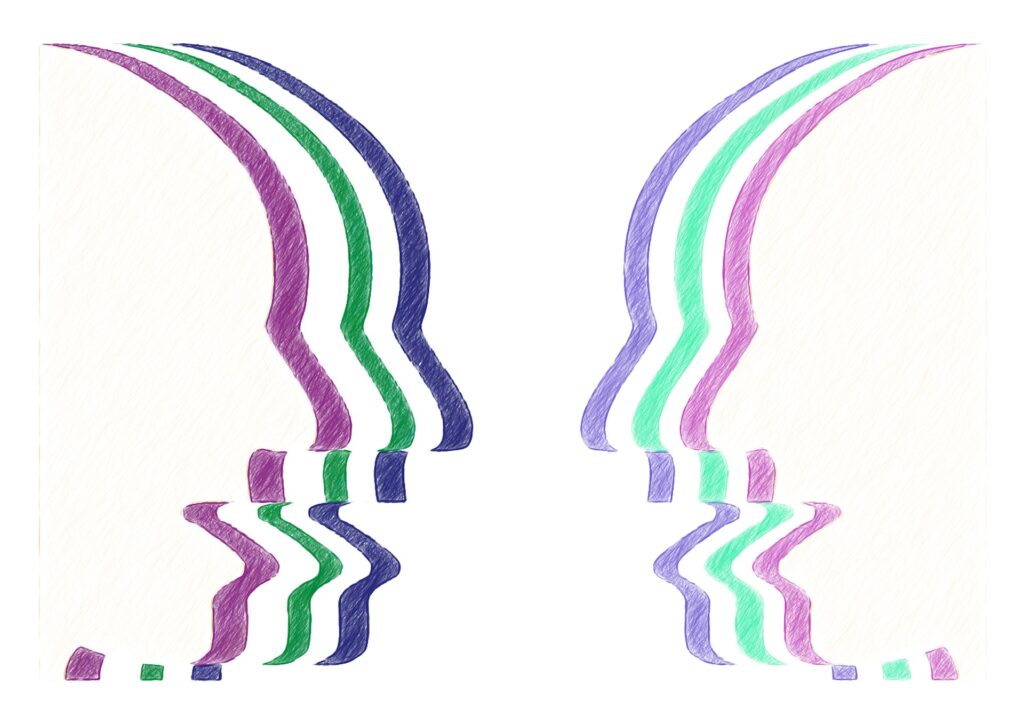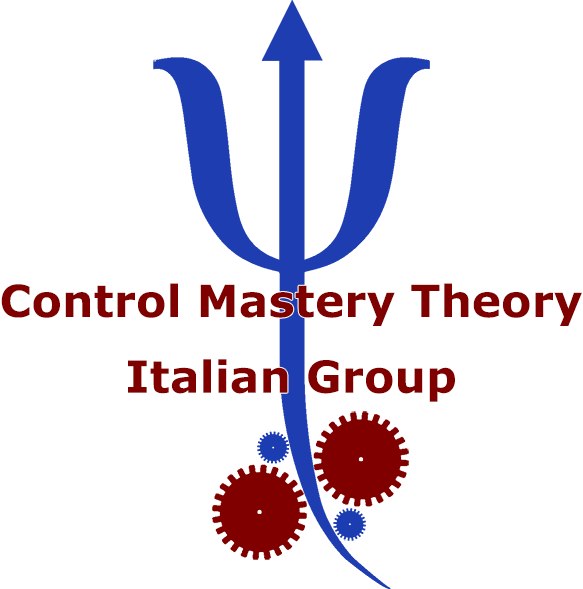Su alcuni “amori” irrinunciabili Francesco Gazzillo & Sveva Angrisani Il fenomeno clinico su cui vorremmo attirare la vostra attenzione, e che vorremmo approfondire con il tempo, potrebbe essere descritto così: ci sono alcune persone che frappongono tra sé e l’oggetto di cui si innamorano quella che vorremmo descrivere come una…
di Alessandro Carbocci Secondo la Control Mastery Theory (CMT; Weiss, 1999; Gazzillo, 2016; Gazzillo et al., 2023), le persone hanno come motivazione primaria quella di adattarsi al meglio alla realtà in cui vivono, padroneggiando i propri problemi e controllando, in parte, le proprie funzioni e capacità mentali sia consce che…

According to Control-Mastery Theory (CMT)—a cognitive-dynamic relational theory of mental functioning, psychopathology, and psychotherapy—patients come to therapy with an unconscious plan to disprove their pathogenic beliefs and achieve adaptive goals. One of the primary ways patients work to disconfirm their pathogenic beliefs is by testing them within the therapeutic relationship….

Un paper che aiuta a capire come la formulazione del piano può aiutare a comprendere e usare le proprie emozioni in terapia. Per leggere l’abstract, cliccare QUI

L’intervento fatto Cynthia Shilkret al convegno internazionale sulla Control – Mastery Theory, organizzato a Savoca (Sicilia) nell’Ottobre del 2019 dal Control-Mastery Theory – Italian Group (CMT-IG) e dal San Francisco Psychotherapy Research Group (SFPRG) Per continuare a leggere, cliccare QUI

Il primo paper che esplora in modo sistematico il concetto di credenza patogena, e di credenze patogene non verbali, così come viene inteso dalla Control-Mastery Theory. Per leggerle, cliccare QUI

The aim of this paper is to empirically assess the reliability of the plan formulation method for couples, a procedure for formulating the case, planning, and monitoring the couple therapies according to control-mastery theory. We hypothesized that when couples are looking for couple therapy, they have an unconscious couple’s plan…

Dal Journal of Contemporary Psychotherapy: Psychotherapists’ emotional responses can refect important aspects of the therapeutic process (Gabbard, 2020; Hirsch, 2021). The nature or intensity of therapists’ feelings may change when the patient is engaged in testing behaviors, which may take various forms (Gazzillo, et al., 2019). Understanding these emotional states in…

Quando lessi per la prima volta Fidarsi dei pazienti (Gazzillo, 2016; 2021) ebbi una reazione che mi colpì molto, un misto di curiosità ed entusiasmo da una parte e di dubbio e innumerevoli interrogativi dall’altra. La prima era riconducibile al mio entrare in contatto con concetti che spiegavano aspetti quotidiani…

All’interno della vasta gamma della sintomatologia post-traumatica, i disturbi del sonno occupano indubbiamente un posto di particolare rilievo (Forbes et al., 2001; Kilpatrick et al., 1998; Neylan et al., 1998; Aurora et al., 2010) e consistono in: difficoltà nell’addormentamento, mantenimento del sonno e persistenza di incubi notturni (Harvey et al,…
